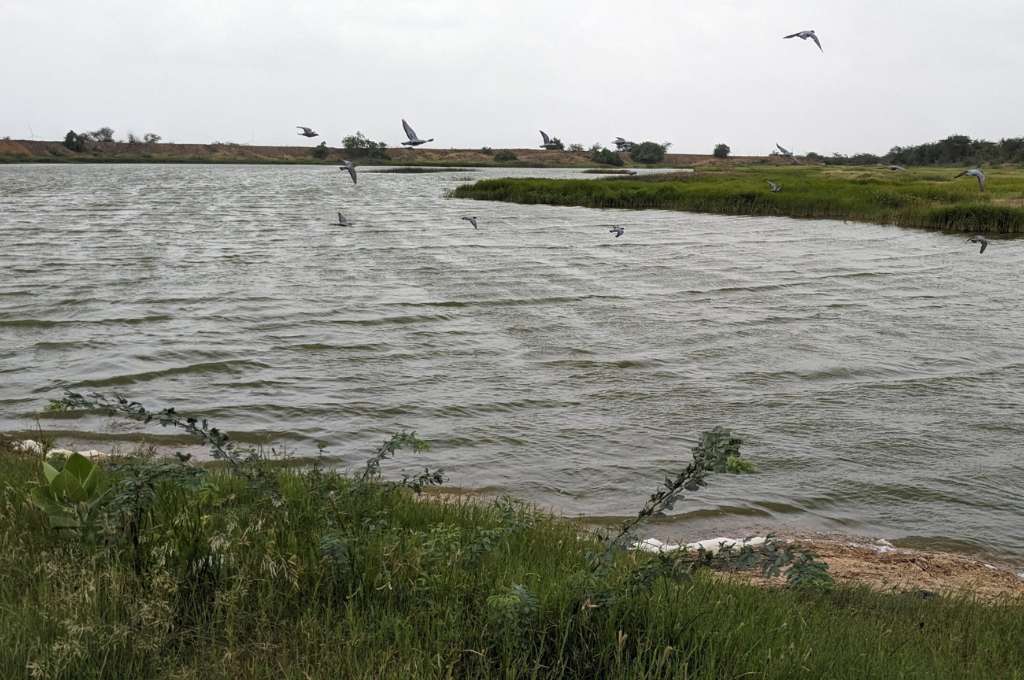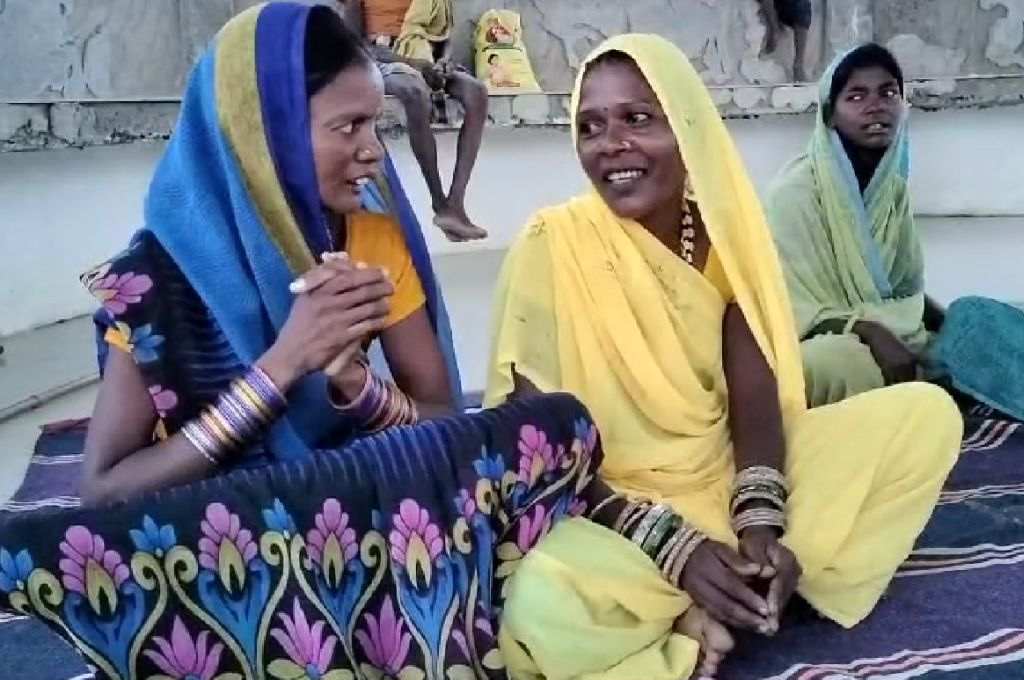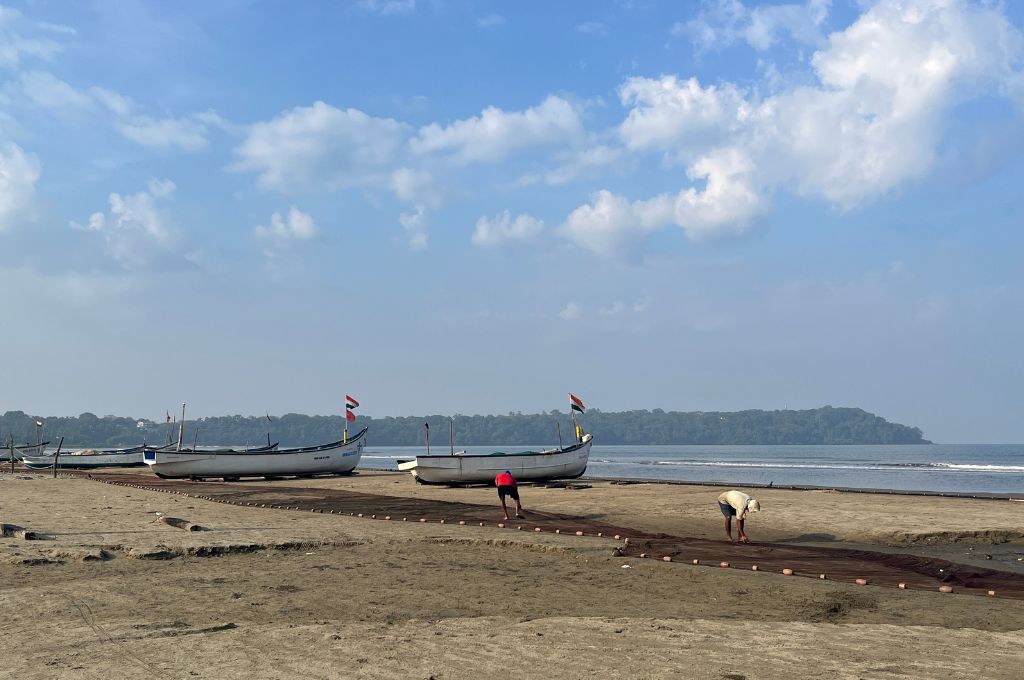The lost water managers of Karnataka
Honnamana Kere lake, located in Chikkaballapura district in Karnataka, is more than 400 years old and is one of over 4,000 man-made lakes built during the period of the Vijayanagara empire. These lakes were crucial to the water storage and harvesting system developed by the empire and helped in sustaining agriculture and livestock. However, the water bodies also needed managers who could oversee their functioning, which is how the profession of the neeruganti (water manager) came into being.
For centuries, knowledge on water management has been passed through generations of neerugantis. They are responsible for the livelihood and well-being of their communities and for the delegation of the water from the tanks to agricultural lands. “Water is always a community resource and should be accessible to everyone. Hence, we regulate the water flow and ensure that there is no mismanagement,” says Venkatappa, a neeruganti who is now 70 years old.
“In the past, water was used judicially and farmers were united about sharing it. We would save water for the livestock to drink. We released more water to higher areas and less water to the lower areas depending on the topography and proximity of the land to the lake. Even if the water level was very low, we would make sure that all the farmers still received water,” he adds.
Based on rainfall, the neeruganti would advise farmers on diverse crop cultivation and choosing water-efficient and indigenous varieties fit for local consumption. Tank system maintenance was also directed by the neeruganti. This specifically included tank desiltation, revegetation at the bunds to reduce erosion and improve water filtration, and feeder channel maintenance.
As Venkatappa says, “If there is no control by the neeruganti, there will be no water in the tank and no crop for the farmers.” While the cascading system of tanks (a network of small tanks draining to a large reservoir that can store rainwater for future consumption) is known as the lifeline of this region, the neeruganti is its life force.
However, as villages no longer have neerugantis in their administrative systems, the significance of these water managers is slowly diminishing, creating a great risk of losing traditional knowledge systems. This has also led to a rise in water-related conflicts and poses a threat to sustainable usage of water.
Caitlin Blood is the executive director at MITCH Charter School. Abhiram Nandakumar is a senior content writer at AP Moller-Maersk.
This is the edited excerpt of an article that was originally published on Native Picture.
—
Know more: Read this article to learn how climate change is impacting agriculture in Uttar Pradesh.



